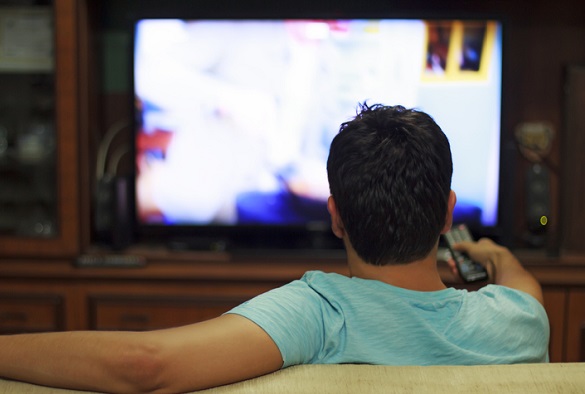
Dr Emma Boyland is a Senior Lecturer in appetite and obesity at the University’s Institute of Population Health Sciences and advises the World Health Organization on food marketing policy in the European region and beyond.
“The Prime Minister Boris Johnson is thought to be considering a raft of new policies to help tackle the UK’s obesity problem, amid evidence that excess weight is linked to the severity of coronavirus symptomology and its mortality risk. I support this move and call for stronger restrictions on food advertising to be among the changes announced.
Studies conducted here at the University of Liverpool have shown that exposure to advertising for unhealthy foods and drinks alters children’s food preferences in favour of unhealthy choices and leads to greater food intake. Children do not consume less at their next meal to compensate for the additional snacks, and therefore it is clear to see how, over time, responding to food advertising in this way would lead to weight gain.
Even in the absence of immediate snacking, food advertising shapes our thoughts and beliefs about foods, subtly guiding us what is normal and appropriate eating behaviour. Advertising teaches us that we should never let ourselves suffer hunger, that we deserve that snack, that we should use food as a reward or to negate negative life events, that everybody is eating fast food and taking their children to fast food outlets, that (over)eating unhealthy food makes us happy and fulfilled and has no negative consequences. These are compelling messages, and even for adults who understand that advertising manipulates the truth to get product sales, it is easy to be persuaded whether we are consciously aware of the exposure or the influence over our choices or not.
The current regulations on TV food advertising (fully implemented in 2009) set the precedent that food advertising is harmful and should be restricted to protect public health. While these rules have reduced the volume of unhealthy food advertising during children’s media, they do not sufficiently cover other programming watched by children and adults in huge numbers (soap operas, entertainment shows etc). People living with obesity need support with managing their weight, why would the Government NOT step in to stop them having to try to resist craving-inducing ads imploring them to give in to temptation? We know that cries of lost advertising revenue are a false argument as other advertising increases to fill the spaces lost by food, and while we’re protecting the NHS from coronavirus overload, let’s give them fewer obesity-related diseases to handle too?
Supporting more effective restrictions around food advertising on TV is not about pandering to a nanny state agenda, far from it, rather it is acknowledging that what we think of currently as free choice is in fact anything but. Our every food-related decision is influenced by a myriad of factors beyond our control – the availability, accessibility, affordability, marketing and promotion of processed items all seeking to grab our attention and be the one we purchase to the detriment of competitor brands’ bottom lines. Take away the advertising and manipulation, and we can begin to tip the balance in favour of being able to make our own minds up about what we eat and drink.
The UK Government is not alone in questioning how best to tackle increasing digital advertising of unhealthy food. But just getting it right for TV first would be a hugely important step. Alongside this, simple acknowledgement that self-regulation of digital is insufficient and that Government needs to work with relevant stakeholders to develop meaningful statutory online rules would show that they are serious about tackling unhealthy advertising and supporting the UK’s fight for a healthier future.”